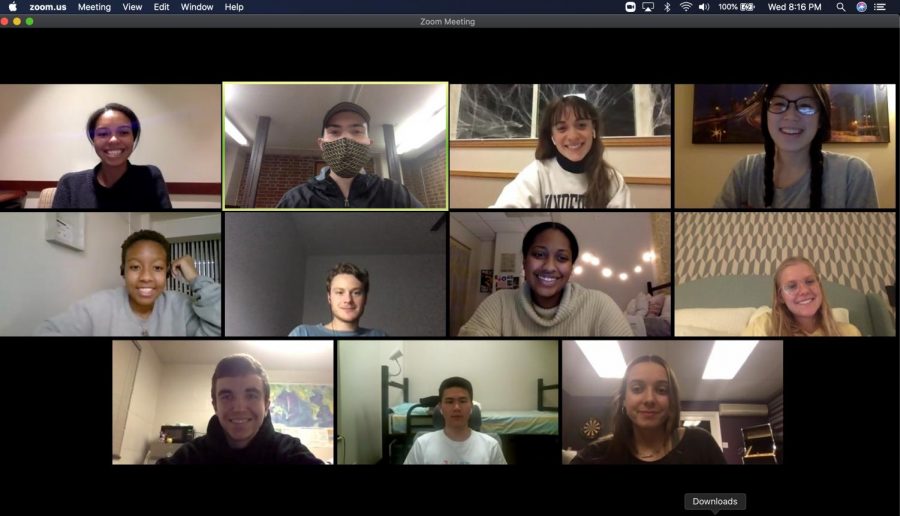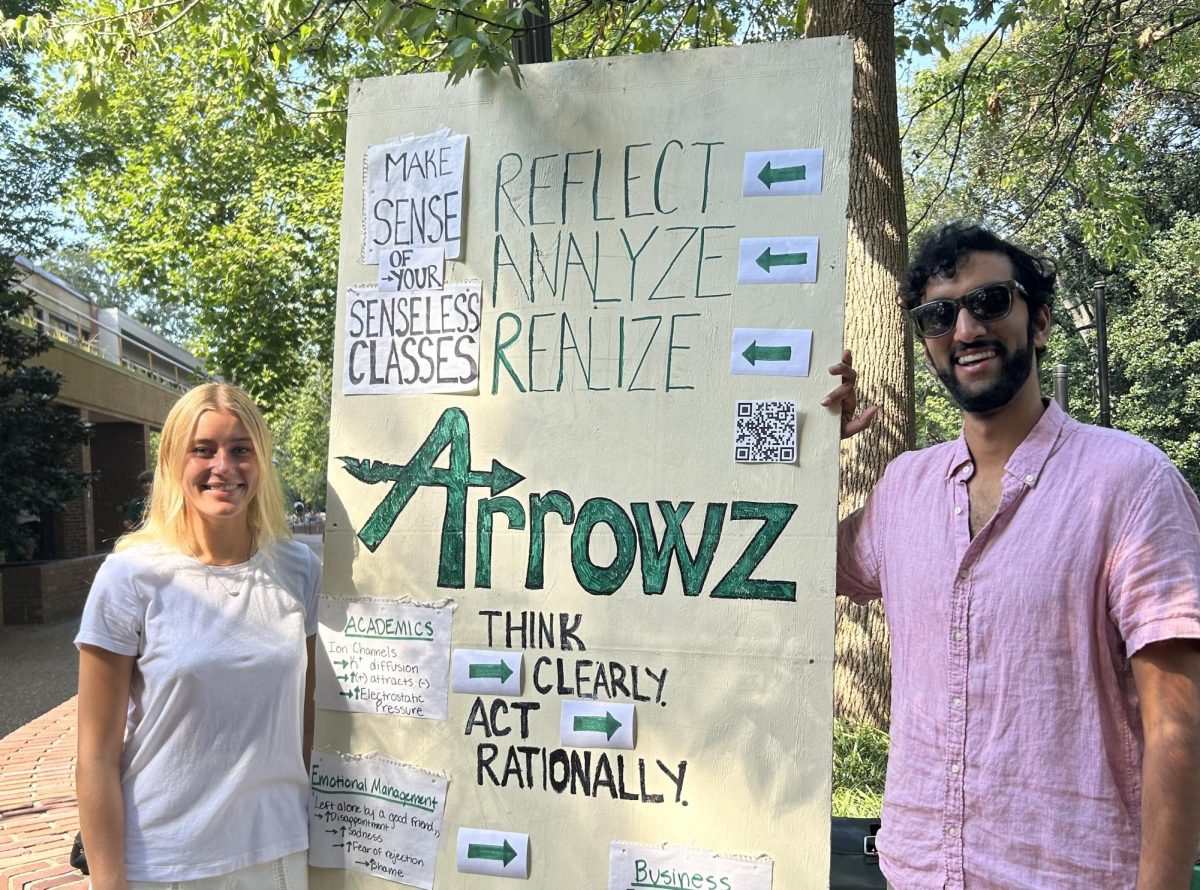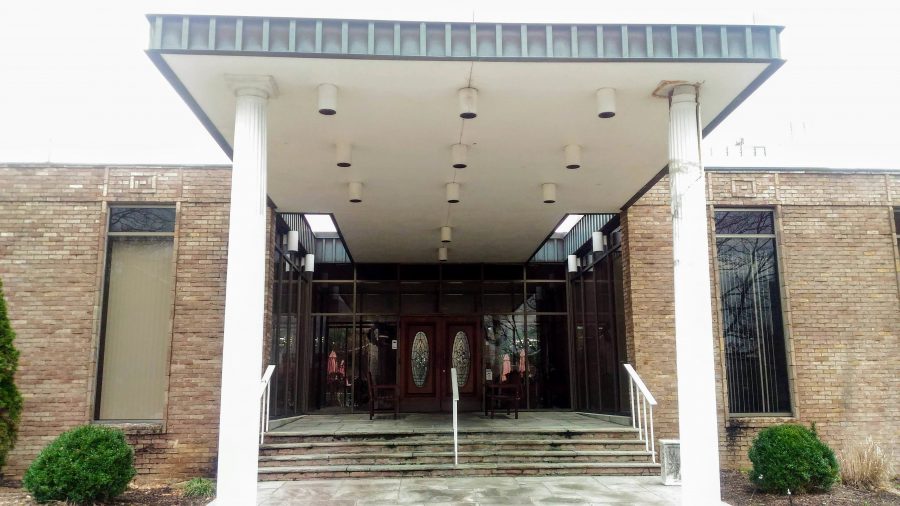Most people, even us high-achieving Commodores, can relate to that crippling moment when your nerves overwhelm you before speaking in front of an audience. Whether it’s a fifth grade science project presentation or a more ceremonious speech, the task of public speaking is undoubtedly a daunting one—no matter the size of the audience or formality of the occasion. Where can one go to efficiently improve their public speaking and overall communication skills? Look no further than Vanderbilt’s recently reinstated, student-led Toastmasters organization.
Founded in 1924, Toastmasters International is a nonprofit educational organization that has the primary aim of teaching students and community members alike the skills of public speaking and leadership. Today, Toastmasters boasts of a global network of 16,200 clubs located in 145 countries and currently has over 364,000 members, per their website. It first came to Vanderbilt’s campus in 2015, however after the termination of its charter in Spring 2020, junior Mackenzie Moore knew she had the drive to bring it back to campus better than ever in the Fall semester.
Now president of Vanderbilt Toastmasters, Moore was initially motivated to join a Toastmasters club in her hometown outside of Boston after feeling that her public speaking skills were weak. As a member, Moore immediately noticed the value of the club.
“Toastmasters [in high school] helped me a ton to be more self-aware in my speech, think on my feet, engage my audience and just to become a better overall leader,” Moore said.
Since its reinvigoration this year, Vanderbilt Toastmasters has approximately 20 members and meets via Zoom at 7:30 every Wednesday night. The club provides plenty of engaging activities and offers flexible participation to its members. At weekly meetings, for example, members wanting to be more involved can sign up to be the Toastmaster (leader/MC of the meeting), Table Topics Master (leader of an impromptu speaking exercise) or even the Ah-Counter (to count people’s filler words throughout the meeting).
“A major goal of our Toastmasters club is to provide a 100 percent judgement-free environment and a supportive community so that people feel comfortable speaking up in the group and can reach their full potential,” Moore said.
Feedback and evaluation mechanisms are also a critical element of the Toastmasters club. At meetings, there are always opportunities for members to constructively evaluate the speeches and contributions of their peers, which Moore highlighted as a particularly engaging and interactive experience.
Students looking for a more tailored experience in the club have the opportunity to specialize in a particular “Pathway.” This personalized education program offers a number of specific projects to members in each Pathway that help guide them more narrowly to their development goals. There are 11 different Pathways for members to choose from, such as the popular “Presentation Mastery” or the more niche “Engaging Humor” and “Persuasive Influence” Pathways.
Despite the variety of experiences one can take away from Toastmasters, Moore personally loves how all members help and support one another in reaching their goals throughout their respective journeys.
“The network of Toastmasters around the world is really robust and there is always someone willing to help when needed,” Moore said. “We’ve had Toastmasters from other clubs visit, it’s super fun to meet people who have been part of the organization much longer than we have.”
First-year Ellie Dessart, Sergeant of Arms of Toastmasters, further described the impact that the club has had on her. Toastmasters has not only helped her to become confident while thinking quickly and creatively, but it has been a significant part of her campus camaraderie. Her favorite aspect of the club thus far has been the friendships she has made, particularly as a remote study student.
“Of all the things Toastmasters has given me, I am most grateful for the friendships. I fully expect laughter, corny jokes and jazz hands—yes, jazz hands—in every meeting,” Dessart said. “Every member is seriously so supportive and makes you feel like you belong somewhere, and as a freshman studying remotely, that’s invaluable.”



